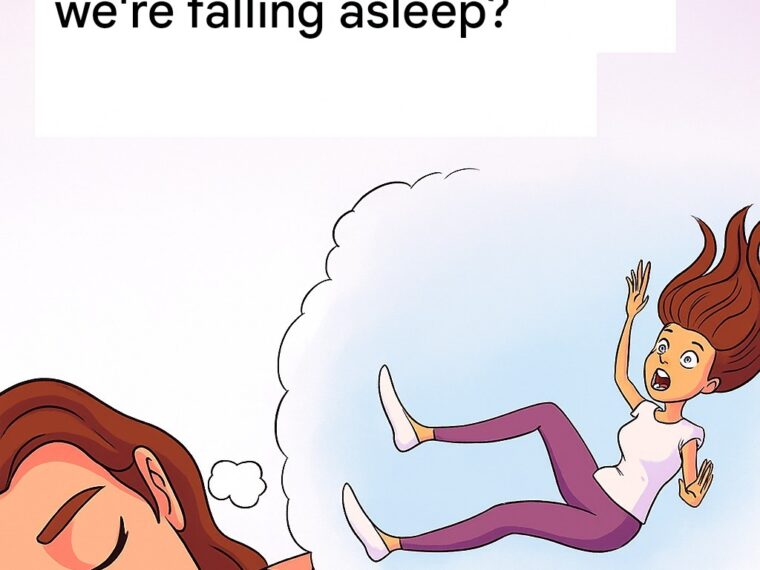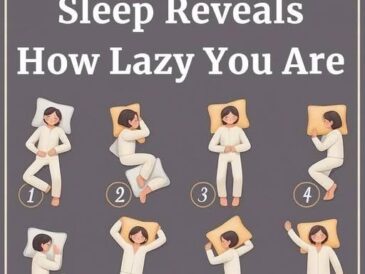Exploring the Hypnic Jerk Phenomenon Backed by Science
Have you ever experienced that sudden jolt or a brief sensation of falling just as you’re about to drift off to sleep? One moment you’re comfortably tucked in, eyes closed, slowly sliding into slumber—and the next, you feel like you’re plummeting into a void, only to awaken with a sharp twitch of your limbs. This odd and somewhat alarming experience is known as a hypnic jerk, or sleep start, and it’s a surprisingly common occurrence.
Let’s explore what causes it, why it happens, and what science has to say about this strange physiological reaction.
🧠 What Is a Hypnic Jerk?
A hypnic jerk, also known as a myoclonic jerk, is a sudden, involuntary muscle contraction that occurs as you transition from wakefulness to sleep (the hypnagogic state). It’s often accompanied by a sensation of falling, tripping, or being startled.
It typically happens during Stage 1 of the sleep cycle, the lightest stage, and usually affects the legs, arms, or full body.
📊 How Common Is It?
You’re not alone in this experience—research suggests that up to 70% of people experience hypnic jerks occasionally. Some people may have them more frequently than others, especially during periods of stress or fatigue.
A 2016 study published in Sleep Science notes that these movements are physiological and generally benign, not associated with any pathological condition unless they disrupt sleep consistently.
🧬 Why Does It Happen? Theories and Causes
While there is no singular agreed-upon cause, science offers several compelling theories to explain hypnic jerks:
1. Brain Misinterpretation
As your body begins to relax, your brain may misinterpret the physical changes (slower heart rate, reduced muscle tension) as a sign that you’re falling or losing control. To “protect” you, it sends a jolt to your muscles to snap you awake.
This theory is supported by evolutionary biology—our ancestors, sleeping in trees or dangerous environments, may have benefited from a reflex that prevented falling.
2. Overactive Nervous System
During high stress, anxiety, or exhaustion, your central nervous system may become overstimulated. As you relax into sleep, it may misfire, sending a burst of nerve signals that result in a sudden jerk.
A study published in the Journal of Neurology, Neurosurgery & Psychiatry (2003) suggests that increased sympathetic nervous activity may be linked to the occurrence of hypnic jerks.
3. Caffeine and Stimulants
Consuming caffeine or stimulants late in the day can increase the chances of experiencing hypnic jerks, as they delay the transition into deep sleep and increase nervous system activity.
4. Sleep Deprivation
Lack of sleep can lead to irregular brain wave activity during sleep onset, which may result in more frequent jerks. A 2005 study in Clinical Neurophysiology linked fragmented sleep patterns to a higher incidence of myoclonic activity.
🌙 Is It Dangerous?
TO CONTINUE READING THE ARTICLE PLEASE SEE PAGE 2




